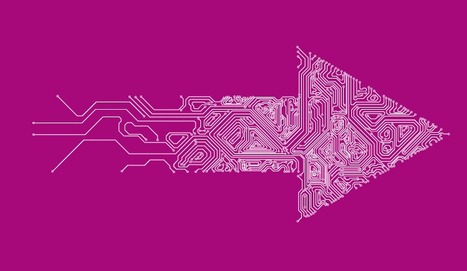Since its well-publicized meeting with the FDA in 2013, Apple has continued to meet with the agency regularly as well as to correspond by phone and email, according to emails obtained by MobiHealthNews via a Freedom of Information Act request to the FDA.
These emails show that Apple and the FDA have discussed the App Store review process, the 510(k) process, ResearchKit apps, diagnostic apps, working with the FDA in an “unregulated” way and more. The FDA even invited Apple to participate in regular briefings designed to help guide an international effort to harmonize medical software regulation. Though much of the sensitive information is redacted, the emails also point to three regulated medical devices that Apple is seriously pursuing: an app for diagnosing Parkinson’s disease and two separate but related cardiac devices.
Finally, the emails also suggest that, after Apple received a good deal of press for its 2013 FDA meeting, the agency worked with Apple to keep future meetings under the radar. The record shows meeting names and locations were changed, and great consideration was given to when to include top officials, like FDA Commissioner Dr. Robert Califf and Dr. Jeffrey Shuren, director for the agency’s Center for Devices and Radiological Health, whose calendars are public and might have exposed the company to more media scrutiny.
“We’ve gotten into the health arena and we started looking at wellness, that took us to pulling a string to thinking about research, pulling that string a little further took us to some patient-care stuff, and that pulled a string that’s taking us into some other stuff," Apple CEO Tim Cook said. "When you look at most of the solutions, whether it’s devices, or things coming up out of Big Pharma, first and foremost, they are done to get the reimbursement [from an insurance provider]. Not thinking about what helps the patient. So if you don’t care about reimbursement, which we have the privilege of doing, that may even make the smartphone market look small.”
[These] incremental moves deeper into healthcare will soon take Apple over the FDA’s regulatory line. The emails tell us that Apple won’t be crossing that line unprepared — that in fact, the company has been steadily laying the groundwork for three years.
Via
Pharma Guy



 Your new post is loading...
Your new post is loading...












